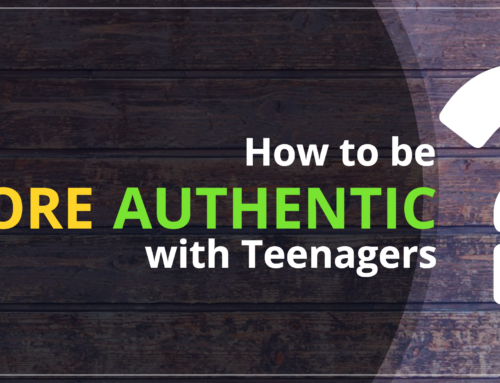It takes a “village” to raise a child.
It always has.
And it always will.
I grew up in a village.
Chances are, you did too.
But, your kids are not.
The old village was an imperfect but real physical community made up of relatives, friends and neighbors who would affirm, cajole, counsel and accept us, face to face, in person.
The new village is a transient virtual co-op where screens hide, filter and augment our their appearance, story and identity.
Like most things, this is good and bad.
Its good because it allows them freedom to grow into who they are and can be.
Its bad because teens too easily believe that who they are, in their totality is any one of those edited, compartmentalized, virtual selves.
What teens don’t get virtually, is a real face to face community of adults who can, by looking into their eyes, validate and accept any and all of their transient selves, thereby giving them a more permanent, consistent and stable identity and story.
As I watch this generation of youth become more anxious by the day I’m confident that one contributing factor is the dwindling presence of meaningful, caring adults in their lives.
Insecurity and fear of the unknown dissolve in young people when a meaningful adult ignores the teen’s non verbal stiff arm and looks them right in the eye and without saying a word, communicates to that teen “I see you.” And that teen, without knowing why, experiences their defensiveness and awkwardness melt into a silent secure feeling of “it’s OK. And it’ll be OK” even if they don’t know what “it” is.
When teens see in our eyes love and acceptance, they unconsciously think “if this person loves and accepts me, maybe I can love and accept myself.”
In the absence of a natural “village” we must help youth create a healthy diversified support network of caring, safe adults. Some possibilities include:
- encouraging your child to talk to one or two of his teachers he or she likes.
- emailing a specific teacher, counselor, coach or minister to request that they informally check in on your child.
- asking an adult friend or relative to take your child out to lunch or for coffee.
- Making sure they are involved in at least one extra-curricular activity at school (or in some cases out of school)
- Looking into your teens eyes everyday and telling them (even when they roll their eyes and sigh) how much you love them.






